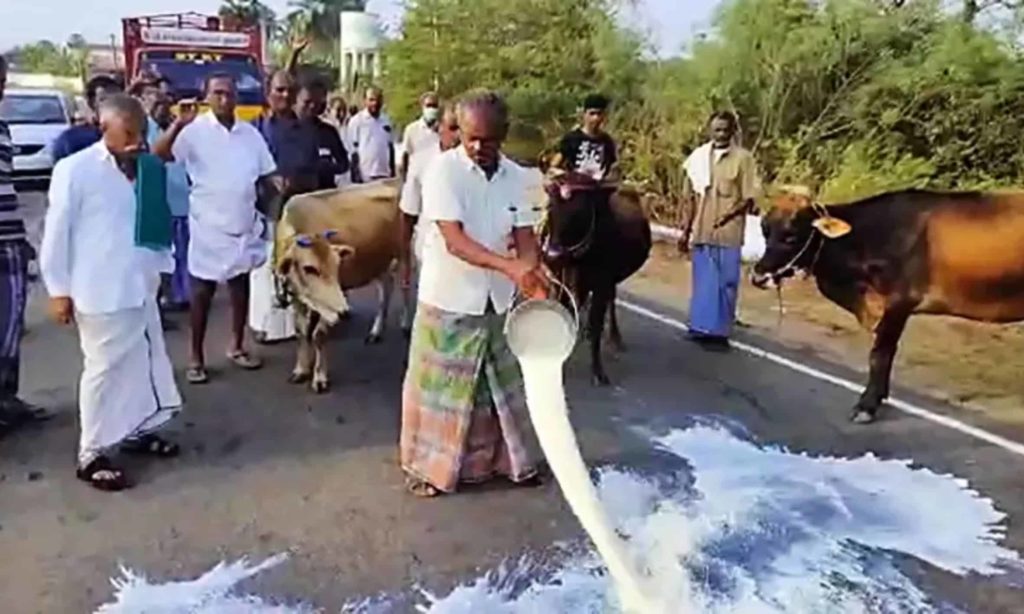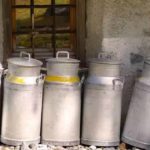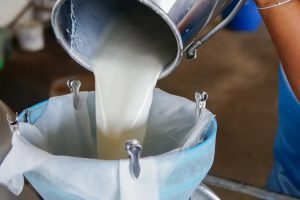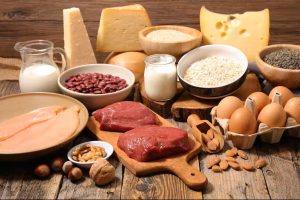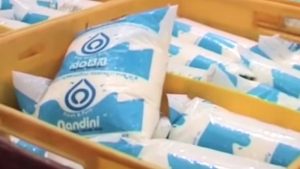
Besides making your next cup of filter kaapi or chai hard on the pocket, this situation reveals a lot about the consequences of government intervention and price distortions.
In his seminal 1945 paper, The Use of Knowledge in Society, economist FA Hayek explained that prices are a vital signal—a decentralised coordination mechanism between dispersed producers and consumers. Increasing prices signal consumers to seek substitutes or rationalise consumption, reducing demand. The same information, in turn, signals producers to increase supply, as they can make more profit. A reduction in prices has the reverse effect on producers and consumers. Eventually, the demand and supply attain equilibrium again. Thus, prices incentivise individuals and firms to make decisions that are in their self-interest but also contribute to society’s overall well-being. The signal called price makes all this magic happen. Prices are “precious”.
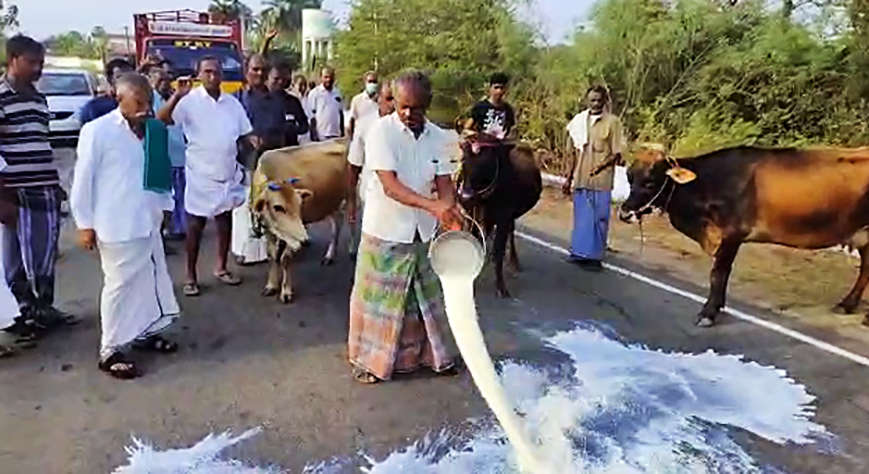
This valuable signal loses fidelity when the price system is interfered with. And when governments do this interference, bizarre things happen. The ongoing milk shortage is tailor-made to appreciate Hayek’s insight. Let’s see how.
To be sure, minimum support prices or subsidies for milk producers are popular with governments worldwide. But in India, that’s just the beginning. Classified as an ‘essential’ commodity under the Essential Commodities Act (ECA), 1955, the designation gives governments carte blanche to fix procurement prices, cap consumer prices, and run the supply chain between the producer and the consumer.
Take Karnataka, where milk shortage has been in the news recently.
The Karnataka Milk Federation (KMF) is the second-largest dairy cooperative in India and procures nearly 50% of all the milk supplied by the state’s farmers. What makes the situation complicated and tragicomic is the state government’s role in supply chain. While the system seemed functional in normal circumstances, the cracks surfaced in recent weeks. As the summer season began early this year, demand for milk rose. After all, a glass of buttermilk is a wonderful refresher in the heat. Simultaneously, supply naturally dropped in the summer, as milch animals produce less than usual in the hotter months. A bout of lumpy skin disease further exacerbated the gap between demand and supply this year.
For another product, a market-based price rise would have quickly ironed out this demand-supply gap. But when governments occupy centre stage, prices become sticky political issues, and a series of bizarre events unfold.
First, electoral concerns circle over pricing decisions like vultures.
The government will not want to touch prices with a barge pole because the state elections are due in May. Instead, it tried a roundabout way by making the packet size smaller while retaining the old packet price.
Second, since the administered price rises have not done enough to make the demand-supply gap go away, milk shortages emerge. The rich can afford to buy premium milk at higher prices from other suppliers. But for the poor, the milk packets disappear from shelves.
Instead of paying a slightly higher price until supply rises again, the less-privileged consumers are only left with empty glasses.
Third, the government resorts to blaming private dairies for offering higher prices to dairy farmers. Given the economic situation of farmers, we should have celebrated private players providing a better deal to them. Instead, they become villains in a story where the government is the sole hero. It’s no wonder some dairy farmers in Tamil Nadu emptied milk containers on the road demanding a better procurement price from the state government.
Fourth, a quotidian issue becomes a front for inter-state tensions. The Karnataka government blames dairies in Maharashtra and Tamil Nadu for offering higher prices to farmers within Karnataka. In contrast, the Tamil Nadu government resorted to blaming private companies from Andhra Pradesh. Even the entry of a competitor like Amul that could have quickly reduced shortage gets opposed on the grounds of sub-national pride.
Amazing, the things that happen when governments obstruct a control system called “prices”. Even as this satire unfolds, the root cause of milk shortages isn’t even being discussed. The Bangalore Milk Union president admitted that “many small milk producers have given up on rearing cows as it has become unsustainable”.
Though he doesn’t say why, one reason could be that the 2020 state law banning cow slaughter and frequent attacks on people transporting cattle has discouraged smaller farmers from stepping into this minefield called milk production.
This milk saga reiterates that government intervention in the market must only be done after careful consideration and under specific conditions
